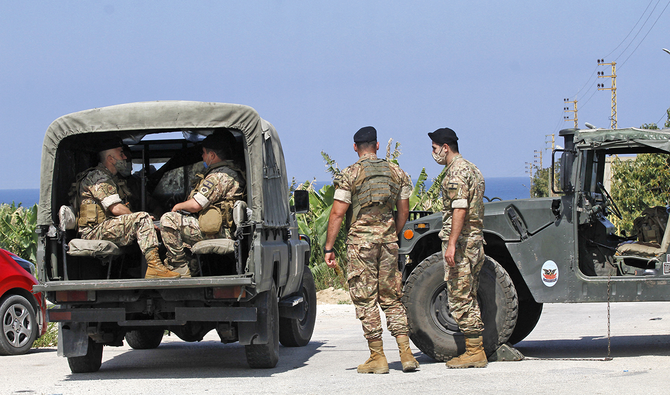by msn.com — Gen. Frank McKenzie, the top U.S. general in the Middle East, said he is closely monitoring the conflict between Israel and Hamas in case it widens into Lebanon. McKenzie, who is overseeing the withdrawal of U.S. forces in Afghanistan, also said that he would present a plan in early June to Defense Secretary Lloyd Austin for how the U.S. would carry out its “over-the-horizon” operations after all 2,500 American troops have left. The U.S. Central Command commander talked with a small group of reporters traveling with him to the Middle East Wednesday about how CENTCOM will soon incorporate Israel into its area of responsibility, assuming the primary U.S. military relationship that for decades has been undertaken by U.S. European Command.
McKenzie said the current conflict between Israel and Hamas has not affected the planned transition in any way, but he said CENTCOM is “closely monitoring” the conflict in case it should widen further. “I think a conflict on that scale isn’t good for any kind of stability anywhere,” said McKenzie. “There is a danger any time that a conflict like this drags on — of it widening — that would be dangerous.” McKenzie said the main concern is that the conflict could widen into neighboring Lebanon, which is home to some Palestinian extremist groups and Hezbollah. “We certainly don’t want that to happen, I’m sure that Israel doesn’t want that to happen,” he added. “That is very concerning,” said McKenzie. “Although it looks like there haven’t been any significant attacks from Lebanon, that could change.” “I hope that the status quo remains and that does not occur,” said McKenzie. “But I think that would be the principal area where it could widen, I hope it doesn’t happen.”
The rockets fired by militants in Lebanon into northern Israel threatened to open up a new front in the fighting. The rocket attack, which drew Israeli artillery fire in response but did not cause any injuries, raised the possibility of dragging Israel into renewed conflict with the powerful Lebanese militant group Hezbollah to its north. No one immediately claimed responsibility for the attack, and Hezbollah, which fought a month-long war against Israel in 2006, has stayed out of the fighting for now. The rockets were widely believed to be fired by Palestinian factions based in south Lebanon. But they cannot operate without Hezbollah’s tacit consent, and the barrage appears to be carefully calibrated to send a political message that the group, which has tens of thousands of missiles, could join the battle at any time. Israel considers Hezbollah to be its most formidable threat, and has threatened widespread destruction in Lebanon if war were to erupt.

![Wehbe apologised, saying he did not mean to offend 'brotherly Arab countries' [Screenshot/Reuters]](https://www.aljazeera.com/wp-content/uploads/2021/05/2021-05-18T161359Z_3_LWD0019XZEK3R_RTRWNEV_E_2021-LEBANON-CRISIS-GULF.jpg?resize=570%2C380)








